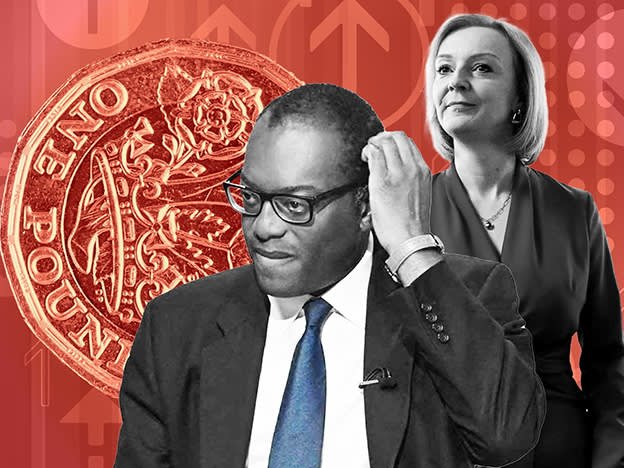The Labour Party has prevailed in what Australians of a certain vintage might describe as a “drover’s dog” election. Sir Keir Starmer’s party has secured a mammoth majority in the commons, albeit on a vastly reduced turnout, which may be analogous to a spike in the share price of an illiquid stock; a scenario in which it’s possible to draw meaningful conclusions based on both superficial and underlying factors. Ergo, an unprecedented advantage underpinned by low conviction. The reality is that Labour now has five years or so to bend the economy to its will. It will do so in the face of a numerically ineffectual opposition; something of a rarity in a first-past-the-post system.
Starmer and the new chancellor, Rachel Reeves, have been at pains to burnish their “fiscally conservative” credentials, but it’s worth remembering that some of the most damaging policy decisions have come about through what might be termed “tinkering at the margins”. Readers of a certain age will recall – no doubt with some regret – that following the Labour landslide of 1997, Gordon Brown scrapped tax relief on pension firms’ dividends, a move that not only helped render many final-salary schemes unviable, but may have also contributed to the ultimate stark fall-away in the proportion of domestically traded shares held by UK pension funds.
But calamitous decision-making is certainly not just the preserve of the Labour Party. In 1990, it was a Conservative chancellor, John Major, who guided the UK into the hopelessly flawed European exchange rate mechanism, a move that was to eventually prove highly profitable for George Soros and few else besides.
Considering the amount of time that Reeves spent courting City grandees in the run-up to the election, it’s to be hoped that the incoming Labour administration will prioritise policies aimed at reinvigorating activity within the Square Mile. Unfortunately, Labour is hardly synonymous with cutting red tape, at least based on historical precedent.
Yet, timing could be on the government’s side, not least because of a prospective reduction in the base rate. And the London Stock Exchange recently retook its crown as Europe’s most valuable bourse for the first time in nearly two years, aided by a step-up in primary admissions through the second quarter. Analysis from EY shows that initial public offerings (IPO) are on the rise in the UK after record lows in the final quarter of last year. Scott McCubbin at EY says the accounting heavyweight expects “a resurgence in IPO activity in the latter half of 2024 and early 2025”. If nothing else, that will improve the mood music ahead of the projected autumn Budget, by which time updated forecasts from the Office for Budget Responsibility will show how much fiscal wiggle room the new chancellor will have on Labour’s pre-election spending pledges.
Both Starmer and Reeves will realise that Labour support in the election was broad but shallow, so they will need to tread carefully in order to guarantee a second term, even if the opposition is in political disarray. Beyond assurances on income tax and national insurance, Labour’s fiscal plans were suitably opaque in the lead-up to the vote, but many commentators believe that the regulatory framework around UK pensions could be in for an overhaul, while a probable hike in some capital gains taxes has also been touted. Despite Labour’s parliamentary majority, its leadership will find it difficult to resist calls for increased central government spending because of factionalism within the party. Given budgetary constraints, it will almost certainly have to increase government revenue if it doesn’t want to spook bond markets in much the same manner as the short-lived Liz Truss administration.
Somewhat surprisingly, however, Europe’s largest asset manager, Amundi (FR:AMUN), has given a vote of confidence to the UK gilt market based on the assumption that the Labour government will take a prudent line on state finances.
The FTSE 250 posted a healthy rise on the morning of the election result, suggesting that capital markets aren’t overly perturbed by Labour being swept to power, although the outcome of the vote had been telegraphed for months. It’s difficult to know what discount was applied to UK equities in the wake of the Truss premiership, but the disparity in relation to many foreign indices has been difficult to justify based solely on company fundamentals. It’s quite conceivable that capital flows towards Europe could reverse in favour of UK equities if recent events give way to political instability in both France and Germany. Unfortunately, it may be a short-run benefit given the proportion of UK deficit spending utilised to fund social security and interest costs on government debt rather than infrastructure projects to stimulate growth. It could be argued, therefore, that the alleviation of the structural shortfall in the UK housing market probably presents the new Chancellor with the one option which could possibly drive growth without eating into the stock of capital used for private investment.

